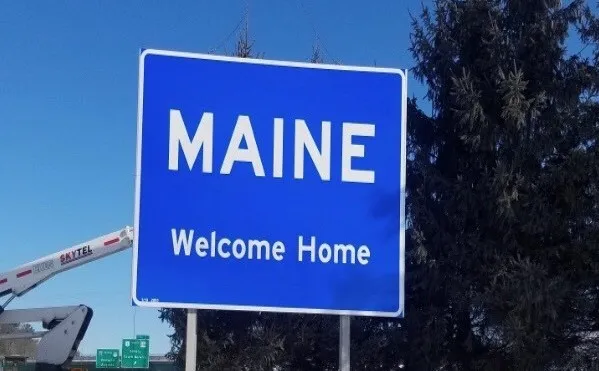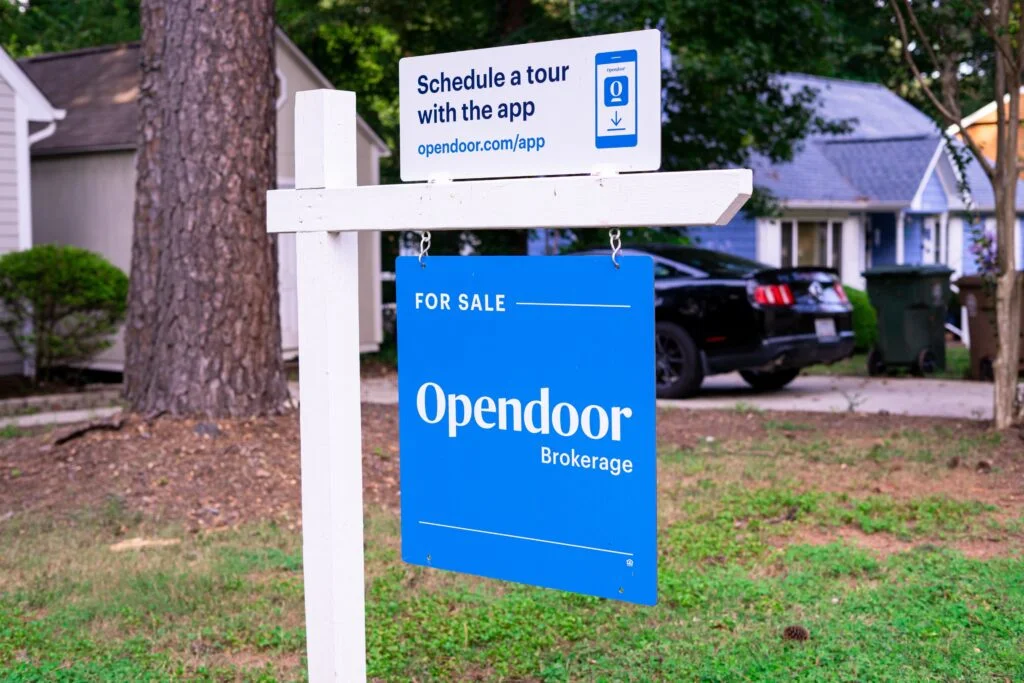
Theo Daikh lives in Portland, where he runs a landscaping business.
Maine’s in a rough spot, and it’s time we stop pointing fingers and start owning what we can fix. I’m not saying it’s all our fault, but we’ve got to take responsibility for building a better future. Why is Maine struggling? The numbers don’t lie, and they’re ugly.
High regulations, steep taxes and a system that feels rigged against the little guy are choking our state’s potential. As an entrepreneur, I see problems begging for solutions, but the barriers to making anything happen are sky-high. Here’s why we’re stuck and what we can do about it.
Let’s start with the hard truth. In 2025, Maine’s falling behind in ways that hit hard. We’ve dropped from number 37 to number 41 in K-12 education, with less than half our fourth graders reading or doing math at grade level, per the Annie E. Casey Foundation.
Our residential electricity bills are the fourth highest in the country — 28 cents per kilowatt-hour, jacking up costs for families. Starting a new business? Good luck — we’re ranked 43rd for that, according to CNBC, and our overall business climate is 45th, according to Forbes.
Opioid deaths? We’re eighth worst, per the Commonwealth Fund. Economic outlook? A pathetic number 45, says Rich States, Poor States. And housing? Renters in Portland are shelling out 42% of their income on $2,200 median rents, making us the fifth worst for rent burden. Home prices, at $400,000 median, eat up 59% of our income, ranking us number 28 for affordability. These stats scream one thing: Maine’s making it tough to get ahead.
Advertisement
As an entrepreneur, I see opportunities everywhere — new shops, tech startups, green energy ventures. But turning ideas into reality in Maine feels like you need a billion bucks just to cut through the red tape.
Small businesses are the heart of any economy — nationally, they create 55% of jobs — but here, they’re suffocating. High energy costs and taxes are bad enough, but zoning laws are a killer.
In southern Maine, towns with strict zoning have home prices 7-35% higher than un-zoned ones, and permitting can take 6-12 months. That’s a death sentence for developers or startups needing affordable space. No wonder companies look at Maine and pick somewhere else to expand — states like Texas or Georgia, with better business climates, are eating our lunch.
It’s even worse for young Mainers. If you’re 20 or 30, you’re looking at a tough choice: scrape by in a state where rent eats nearly half your paycheck and good jobs are scarce, or leave for places like New Hampshire or the Midwest, where opportunity’s better. Maine’s losing its youth to places with lower costs and more jobs.
Our aging population — already one of the oldest — gets worse every year because of this. It’s not just a vibe; it’s a crisis. When more than 40% of our households are struggling to afford basics, per United for ALICE, how can we expect the next generation to stay?
The government’s supposed to create an environment where people can thrive, but Maine’s doing the opposite. Our regulations are some of the tightest in the nation. Look at zoning, which jacks up housing costs, or environmental rules that, while well-meaning, make it near impossible to build anything new.
Advertisement
I love Maine’s beauty as much as anyone; I don’t want to pave paradise. But when our renewable energy mandates drive up electricity bills and slow down development, we’re shooting ourselves in the foot. We’re stuck leaning on lumber and seafood — great industries, but we’ve lost more than we’ve gained over the years. Why? Because it’s too damn hard to innovate here. Other states are building tech hubs and industrial parks while we’re tangled in permits and debates over lot sizes.
Take housing. Southern Maine’s zoning laws, like minimum lot sizes, mean fewer homes get built, driving prices through the roof. Portland’s rent control and short-term rental rules sound nice but shrink supply, making it harder for regular folks to find a place. We’re pricing out the very people we need to grow.
We can’t just complain — we’ve got to act. Maine’s tried some fixes, like allowing accessory dwelling units in 2022 or cutting parking minimums in 2025, but it’s not enough. We need to streamline permitting so it doesn’t take a year to break ground.
Cut back on zoning rules that inflate costs, like big lot sizes that add $16,000 to a home’s price for every 10,000 square feet. Offer tax breaks for small businesses, like Texas does, to spark growth. We’re Vacationland, sure, and our beauty’s a draw.
I want Maine to be more than a playground for out-of-staters. I want us to be a place where young people stay, where entrepreneurs can build and where more than 40% of households aren’t scraping by.
We Mainers care about each other. We’d rather stick together than bow to some corporate giant. But we’ve created a system where only the big guys can play. Let’s make it easier for the little guy — the small business owner, the young family, the dreamer with a plan. That’s how we build a Maine we’re proud of — not just for its views, but for its future.



